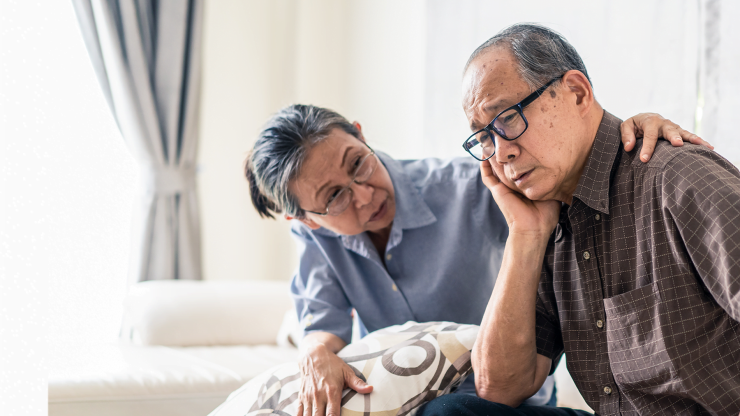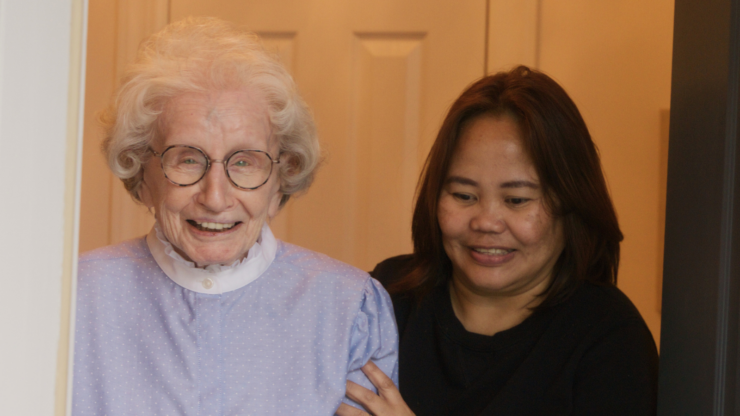
Stress Awareness Month: Identifying and Coping with Anxiety Triggers in Seniors
April is recognized as Stress Awareness Month to bring attention to the effects of stress on individuals and how can we cope with stressors and anxiety. Stress is a normal part of everyday life, but it can be debilitating, especially for older adults.For seniors, age-related challenges like medical conditions, cognitive changes, caretaking demands, financial concerns, and the loss of a loved one can cause stress. The aging process brings about a variety of stressful changes and it can be difficult to adapt to a new lifestyle. If you or a loved one is aging, you should understand the triggers of anxiety in older adults so that you can stay alert for the disorder and how to cope with the triggers.
Types of Anxiety Disorders
- Specific Phobias
- This type of anxiety fills people with an intense fear of a place, an object, or an event. Often these fears are irrational and are about things that do not pose a real threat. Some common specific phobias are heights, escalators, tunnels, closed-in spaces, etc.
- Generalized Anxiety Disorder (GAD)
- This type of anxiety causes racing thoughts, constant worrying, and a feeling of hopelessness. Those with GAD are overly concerned about health issues, money, family problems, or possible disaster. Those with GAD usually understand that they worry more than necessary.
- Panic Disorder
- Those with a panic disorder have sudden attacks and usually have a pounding heart, chest pain, sweatiness, weakness, faintness, or nausea. Panic attacks can occur at any time, even during sleep.
- Post-traumatic stress disorder (PTSD)
- This type of anxiety is caused by a traumatic event. In some cases, symptoms of the trauma may not emerge until months or even years after the event. A person with PTSD may startle easily, be emotionally numb with people with whom they were once close, have difficulty feeling affection, and lose interest in things they once enjoyed.
- Obsessive-Compulsive Disorder (OCD)
- OCD causes persistent and disturbing thoughts. Older adults with this condition will feel like they can only have control over doing repeated actions. OCD can also include overwhelming thoughts of possible violence or harm happening to a loved one.
How Can LifeWorx Help You?
Anxiety is very common, and you are not alone. A LifeWorx Caregiver can help support you or an older loved one’s anxiety treatment by providing medication reminders and therapy appointments and arranging for transportation to health care providers. If your loved one is taking medication for anxiety, an in-home caregiver can keep an eye out for side effects and bring them to your attention.
Contact us to discuss your loved one’s anxiety needs during a free in-home care consultation.
Find your peace-of-mind.
Explore LifeWorx’ in-home elder care services.
















